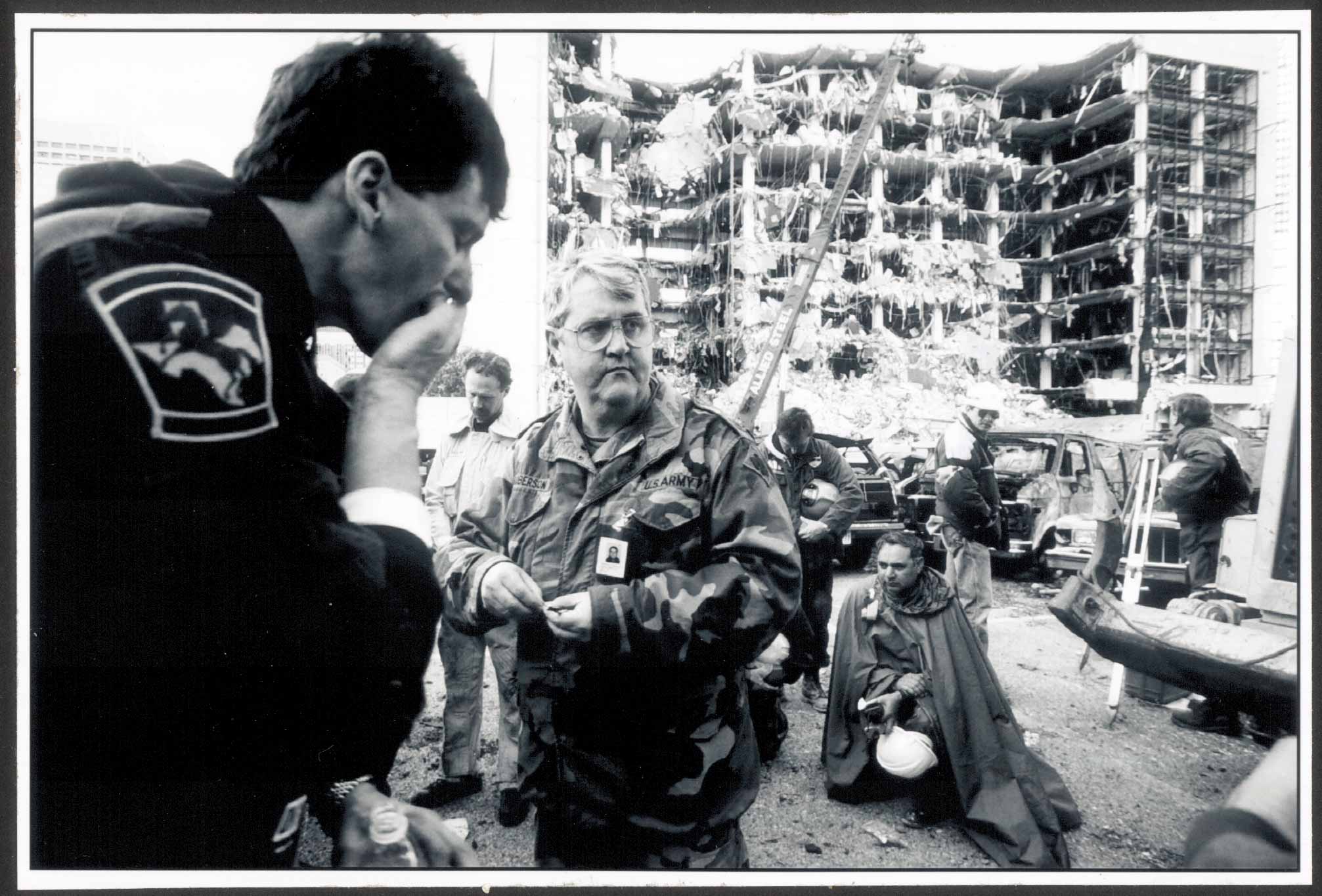Domestic terrorism, according to Section 802 of the USA PATRIOT Act (Pub. L. No. 107-52), is a violation of criminal laws occurring primarily within the United States in an apparent effort to: “(i) intimidate or coerce a civilian population; (ii) influence the policy of a government by intimidation or coercion; or (iii) to affect the conduct of a government by mass destruction, assassination or kidnapping.”

Why would someone do such things?
One terrorist tells us: “When an aggressor force continually launches attacks from a particular base of operations, it is sound military strategy to take the fight to the enemy… Bombing [this] building was morally and strategically equivalent to the US hitting a government building in Serbia, Iraq, or other nations.”
Another terrorist, following his arrest for a terrorist incident, claims: “Anyone who underestimates the power that fear of the police has over men’s minds fails to appreciate what may be the government’s most powerful tool. … The inner joy and peace that have flooded my soul since I have cast off the state’s tyranny makes my 6 x 9 cell a triumphant and newly liberated kingdom…. [T]ruth and righteousness will prevail….”
Are these two men Muslims as so many people are ready to assume when they hear the term “terrorist”? No.
The first one is Timothy McVeigh, who bombed the Alfred P. Murrah building in Oklahoma City (pictured above).
The second one is Paul Hill, who murdered an abortion clinic doctor and his bodyguard.
Both are white European-American males reared in Christian families; Hill was, for a time, a Presbyterian minister (excommunicated by his community for preaching violence).
Does this mean all terrorists are white European-American Christian males? Of course not, no more than they are all Muslims. The causes of terrorism are complex, as are the reasons for labeling someone a terrorist.
Implications: We should be careful regarding our assumptions and our rhetoric; perhaps we should also revise “America the beautiful” so that it portrays the country not as the land of the free and the home of the brave (bravery and freedom being so often associated with killing for one’s cause) but as a land of compassion and a home free of hatred.
Kathie Malley-Morrison, Professor of Psychology
